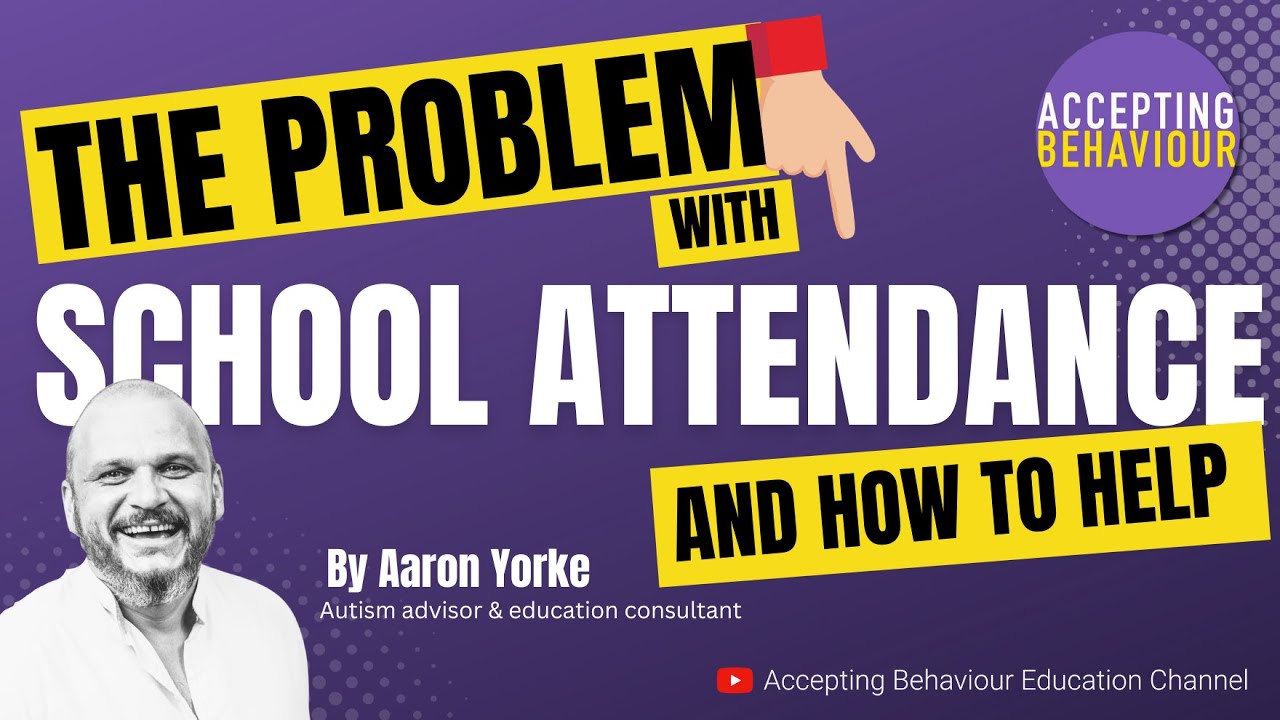“School Refusal” Is Not What You Think It Is
Why we need to stop blaming parents, pathologising children, and misunderstanding the real issue.

We need to retire the term “school refusal.” It is misleading. And it is harming children and families.
If you are supporting a young person who is struggling to attend school, you have probably heard the phrase. It rolls easily off professional tongues, often followed by talk of parenting strategies, rewards charts, and maybe even threats of fines.
But what if the issue is not about refusal at all?
What if the real problem is not the child, the parents, or even the mental health difficulties they are accused of needing to “overcome”?
Let’s start telling the truth.

It is not refusal. It is inability
When a child cannot walk into a school building, it is not the same as them refusing to eat vegetables or tidy their room. The word “refusal” implies choice. But for many neurodivergent children, there is no choice involved.
They are not refusing. They are not able.
Their bodies shut down. They freeze. They dissociate. They panic. Their nervous systems are reacting to an environment that feels unsafe.
That environment is the school itself.
This is not about anxiety that can be overcome
One of the most damaging misconceptions is that these children simply need support to “manage their anxiety” so that they can “build resilience” and return. But this view assumes the school building is safe and that the child’s emotional response is irrational.
What if the child’s nervous system is accurately perceiving danger?
- Sensory overload from lights, sounds, smells
- Social overwhelm and unspoken expectations
- Constant demands with no option to opt out
- Fear of failure, humiliation, or punishment
- Staff who do not understand or accept them
- A history of being dismissed, corrected, or silenced
These are not imagined fears. These are lived experiences.

This is not a parenting issue
Too often, the focus shifts to what parents aren’t doing.
“They’re too soft.” “They’re enabling it.” “They’re anxious themselves.”
This narrative fails to recognise the impossible position families are placed in. Many parents are desperate to get their child back to school, not because they believe it is the right thing, but because they are under enormous pressure:
- Threats of fines or prosecution
- Pressure from schools and local authorities
- Fear of being judged, blamed, or referred to social care
What kind of system forces parents to choose between safeguarding their child’s mental health and avoiding legal consequences?
**Check out the video below for more support and guidance on fines
We have got it backwards
The current response to “school refusal” assumes that:
- The school is the best place for the child
- The child needs to adapt
- The parent needs to enforce it
This approach is backwards.
We should be asking:
- Why is this child unable to be in that building?
- What does that tell us about the environment, not the child?
- How can we build education around the child’s needs, not force the child to fit into education?
What if the school building is the trauma
We often assume trauma means something violent, dramatic, or extraordinary.But for many children, trauma is every day and institutional. It is being misunderstood, mislabelled, or punished, daily.
It is having no control, no voice, and no escape. The school building, with its rigid rules and sensory chaos, becomes a trigger. This is not “mental health” that needs fixing. This is a survival response to a toxic environment.
So what now?
We must move away from deficit-based labels like “school refuser” and instead look at the needs and experiences of each individual.
Instead of:
- “How do we make this child go to school?”
Ask:
- “How do we support this child to learn safely, in a way that honours their needs?”
For us at Accepting Behaviour we offer three solutions
- We are an Alternative provider
- We offer School training.
- We provide a consultation online for school avoidance support.

We offer in-person or online training for all education settings
Here is also a FREE training video for anyone wanting to find out more about School Avoidance
Let us stop forcing children into places that harm them and start building systems that accept, understand, and include them.
If you are a parent, you are not failing. If you are a child struggling to go to school, you are not broken. You are responding to something very real. We need to all try to listen to you more and not label you.








Thank you! This is the best summary of school can’t I have come across ANYWHERE. This is what all schools need to hear, and most youth workers, psychologists, etc.